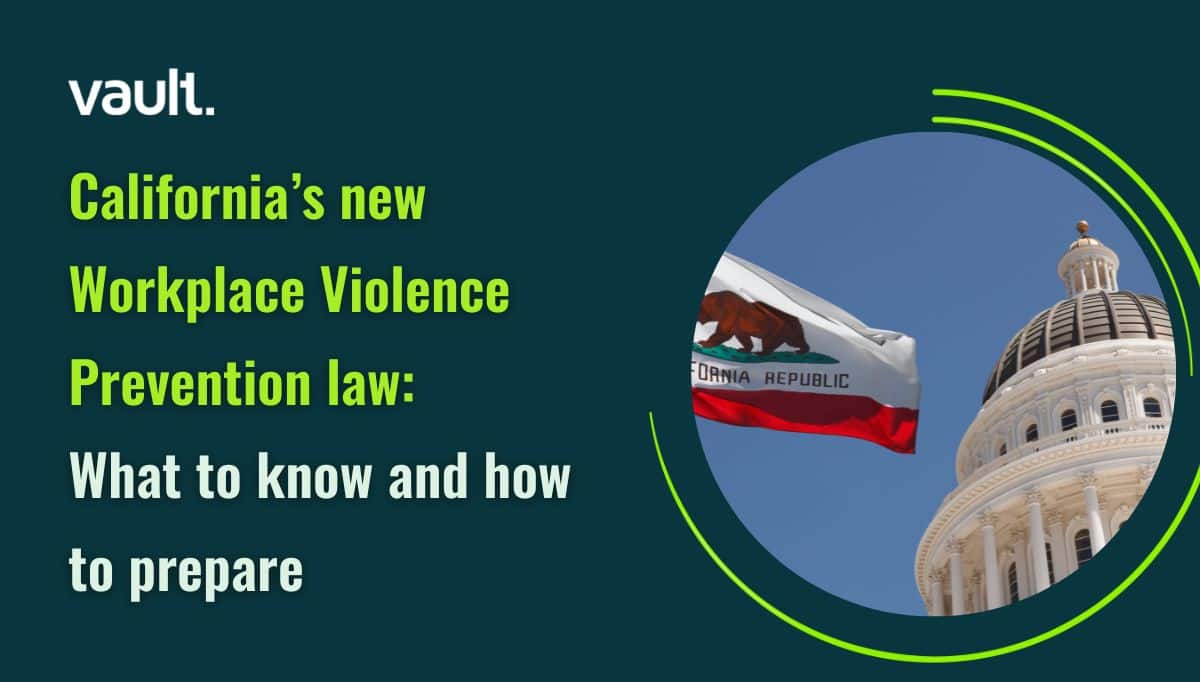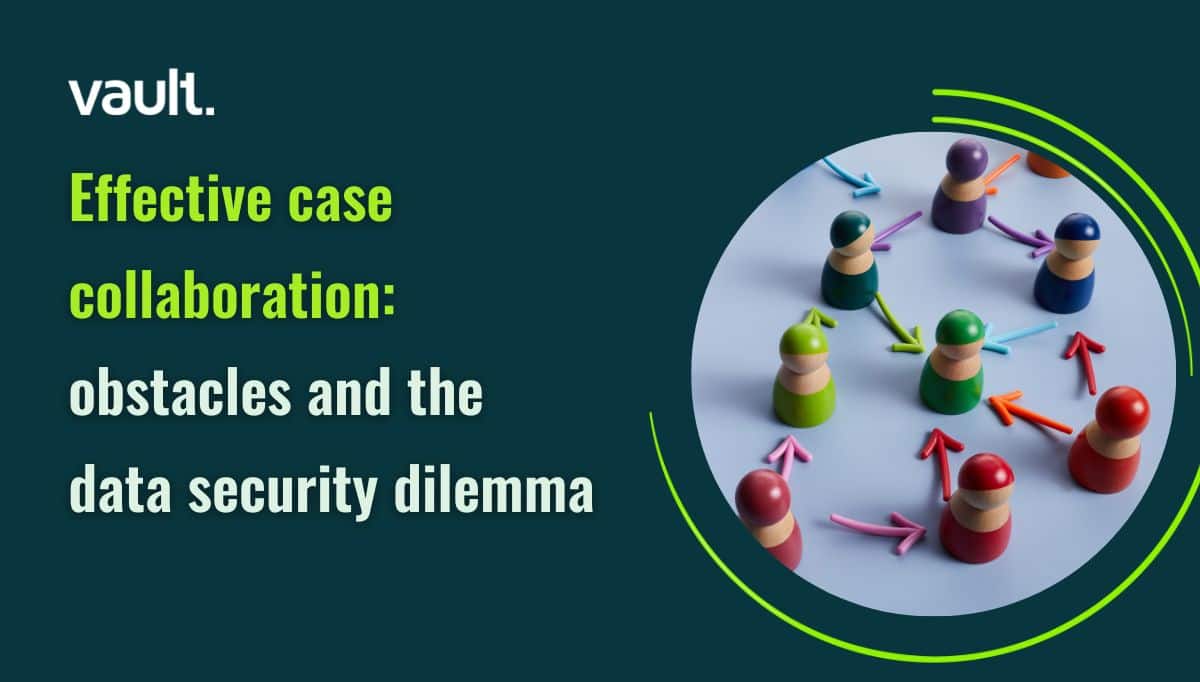In light of the recent news at Bloomberg LP and the outcome of the Weinstein case, this is an opportunity to highlight the use and misuse of non-disclosure agreements (in line with ACAS’ new guidelines), for employers and employees to understand when NDAs should and should not be used.
Firstly, what is an NDA?
An NDA or non-disclosure agreement is a written agreement that employers use to stop an employee or worker from sharing confidential information. An NDA can also be known as a “confidentiality clause”. Where an NDA can be found:
- In an employment contract
- In an acas settlement form (or COT3)
- In a settlement agreement
- In a separate standalone document
NDAs can be given at various points in the employment process – before the employee starts the role, during or after.
When is it okay to use an NDA?
- To protect company information before an employee starts a role
- In the case of a dispute, NDAs can be used to keep details of the dispute confidential (or to keep the fact that employee and employer have come to an agreement during a dispute)
When should an NDA not be used?
- In the case of “Whistleblowing” – such as for public interest disclosures. If the employee can’t go to their employer first, they should contact a prescribed person or body (more details on the gov website)
- NDAs should never be used to silence someone from reporting sexual harassment, misconduct or discrimination
- NDAs should never be used to cover up inappropriate behaviour, particularly if there’s a risk of it happening again
- Employers should always seek an alternative solution before implementing an NDA
- NDAs should only be used if they are absolutely necessary
- NDAs should never be used to mislead
In today’s workplace, non-disclosure agreements send a message of distrust within organizations. A new wave of employee activism is shedding light on these issues and raising the bar for workplace transparency.



